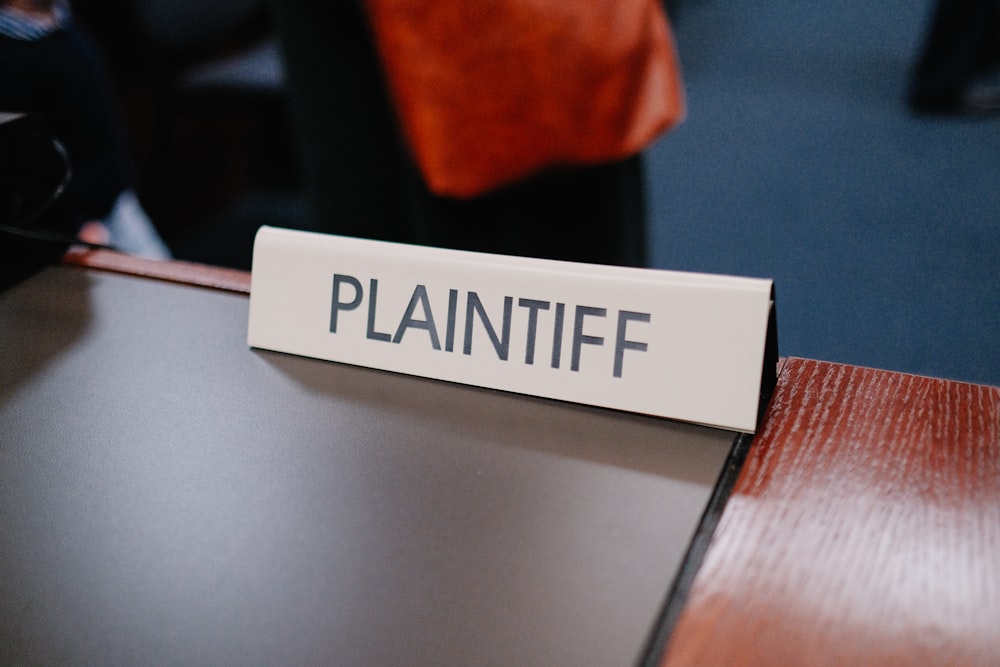Exploring Adipex Lawsuit: Legal Recourse
In recent years, Adipex, a prescription weight loss medication, has come under legal scrutiny due to allegations of adverse side effects and inadequate warnings. Users who have experienced adverse reactions have turned to legal recourse by filing Adipex lawsuits against the manufacturers and distributors of the drug. Let’s delve into the complexities of Adipex lawsuits and the legal recourse available to affected users.
Understanding Adipex
Adipex, also known as phentermine, is a stimulant medication commonly prescribed for short-term weight loss in conjunction with diet and exercise. While Adipex can be effective in helping individuals achieve weight loss goals, it also carries the risk of serious side effects, including increased heart rate, high blood pressure, insomnia, and dependency.
Allegations and Claims
Users who have experienced adverse reactions to Adipex have filed lawsuits alleging various claims against the drug manufacturers and distributors. These claims may include failure to warn about the risks associated with Adipex, negligence in the design or manufacture of the drug, misrepresentation of its safety and efficacy, and breach of warranty.
Legal Proceedings
Adipex lawsuits typically progress through various stages of legal proceedings, including complaint filing, discovery, motion practice, and settlement negotiations. Plaintiffs, represented by legal counsel, gather evidence to support their claims and seek compensation for damages suffered as a result of Adipex use. Defendants, including pharmaceutical companies and related parties, mount defenses to refute the allegations and protect their interests.
Compensation and Remedies
In Adipex lawsuits, plaintiffs may seek various forms of compensation and remedies for their injuries and losses. This compensation may include medical expenses, lost wages, pain and suffering, emotional distress, and punitive damages. Additionally, plaintiffs may seek injunctive relief to compel changes in the labeling, marketing, or distribution of Adipex to prevent future harm to consumers.
Legal Strategies and Challenges
Adipex lawsuits present unique legal challenges and complexities for both plaintiffs and defendants. Plaintiffs’ attorneys must navigate the complexities of product liability law, medical evidence, and causation to establish liability and recover damages. Defendants may assert defenses such as assumption of risk, contributory negligence, and state-of-the-art defense to mitigate liability and minimize damages.
Settlement Negotiations
Throughout the course of Adipex lawsuits, parties may engage in settlement negotiations to resolve legal disputes outside of court. Settlements may offer a quicker and more cost-effective resolution for both plaintiffs and defendants while avoiding the uncertainty and expense of trial. However, settlement negotiations require careful consideration of the terms and conditions to ensure that they adequately compensate plaintiffs and protect their rights.
Consumer Awareness and Protection
Adipex lawsuits highlight the importance of consumer awareness and protection in the pharmaceutical industry. Consumers are encouraged to educate themselves about the potential risks and benefits of medications like Adipex, consult with healthcare professionals, and exercise caution when using prescription drugs. By staying informed and vigilant, consumers can protect themselves from potential harm and seek legal recourse if necessary.
Conclusion
In conclusion, Adipex lawsuits provide a vital avenue for users who have suffered adverse reactions to seek accountability and compensation from the manufacturers and distributors of the drug. Through legal recourse, affected users can assert their rights, hold negligent parties accountable, and advocate for changes to improve drug safety and consumer protection. However, navigating Adipex lawsuits requires legal expertise and resources to effectively pursue claims and achieve favorable outcomes for injured users. Read more about adipex lawsuit


